Rent a researcher
“Rent a Researcher” is an opportunity to meet researches in an interesting, engaging and approachable way: a number of Italian scholars are available for one-to-one meetings with a limited number of PhD candidates and young academics for exchange and tutoring activities.
These are the scholars who will be available
to meet with you:
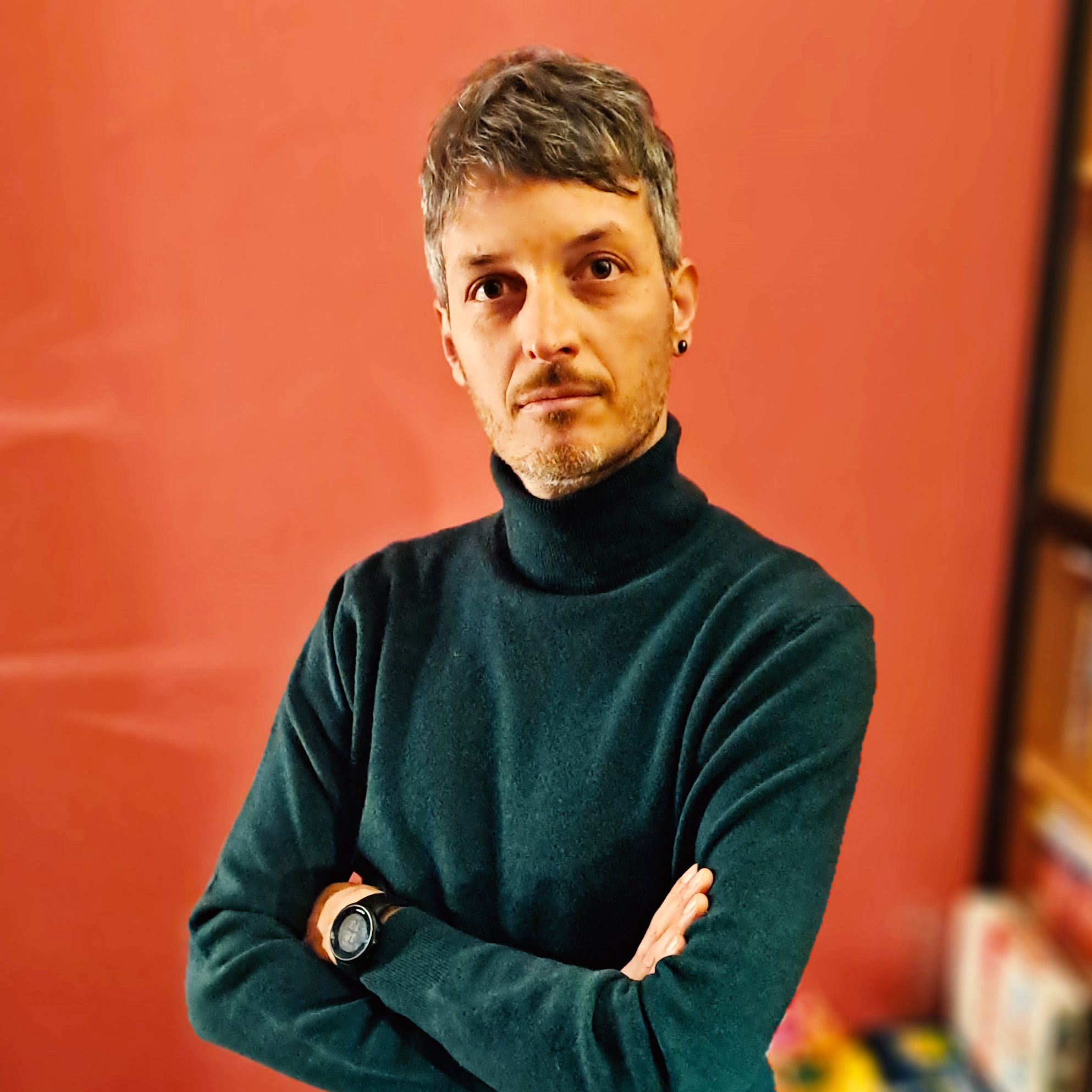
Francesco CHIODELLI
Francesco Chiodelli is associate professor of urban and legal geography at the Università degli Studi di Torino, where he is the director of OMERO – Interdepartmental Research Centre for Urban Studies. His research lies at the intersection of urban space and institutions (norms in particular), with a specific focus on questions of pluralism, diversity, informality. Currently, he is mainly working on housing issues, on illegality in the urban sphere and on urban geopolitics. He also investigated the spatial dimension of the Israeli-Palestinian question.
Among his books there are: The legal and political geography of pluralism (Bristol University Press, 2025); Città. Introduzione critica alla geografia urbana (UTET, 2025); Cemento armato. La politica dell'illegalità nelle città italiane (Bollati Boringhieri, 2023); The Illicit and Illegal in Regional and Urban Governance and Development (Routledge, 2018); Shaping Jerusalem. Spatial planning, politics and the conflict (Routledge, 2017)
Languages: Italian, English and French
Keywords: illegality/informality, urban conflicts, diversity and migrations, housing, legal geography,
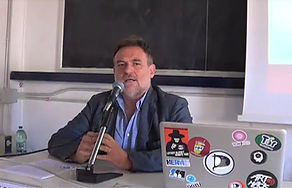
Luciano DE BONIS
Luciano De Bonis is Associated professor at Università del Molise
Languages: Italian and English
Keywords:
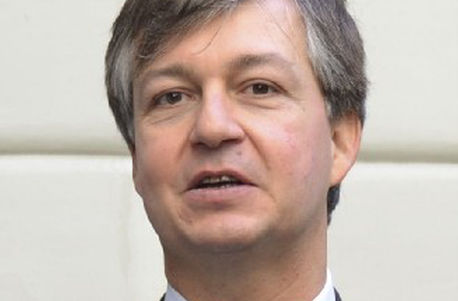
Umberto JANIN RIVOLIN
Graduated in Architecture, Master and PhD in Territorial Planning and Real Estate Market, he is full professor of Urban and Regional Planning (CEAR-12/A) at the Politecnico di Torino, Italy, where he coordinated the interuniversity doctoral programme in Urban and Regional Development from 2014 to 2020. He was vice-director of the Interuniversity Department of Regional and Urban Studies and Planning (DIST), he has more than 350 publications to his credit and has participated, also with coordination roles, in several international and national research projects, specially within the European programme ESPON - European Spatial Planning Observation Network (www.espon.eu). For further information and publications, see: https://www.polito.it/en/staff?p=umberto.janinrivolin.
Languages: Italian, English and French
Keywords: europeanization, institutional technologies, territorial governance and spatial planning systems,
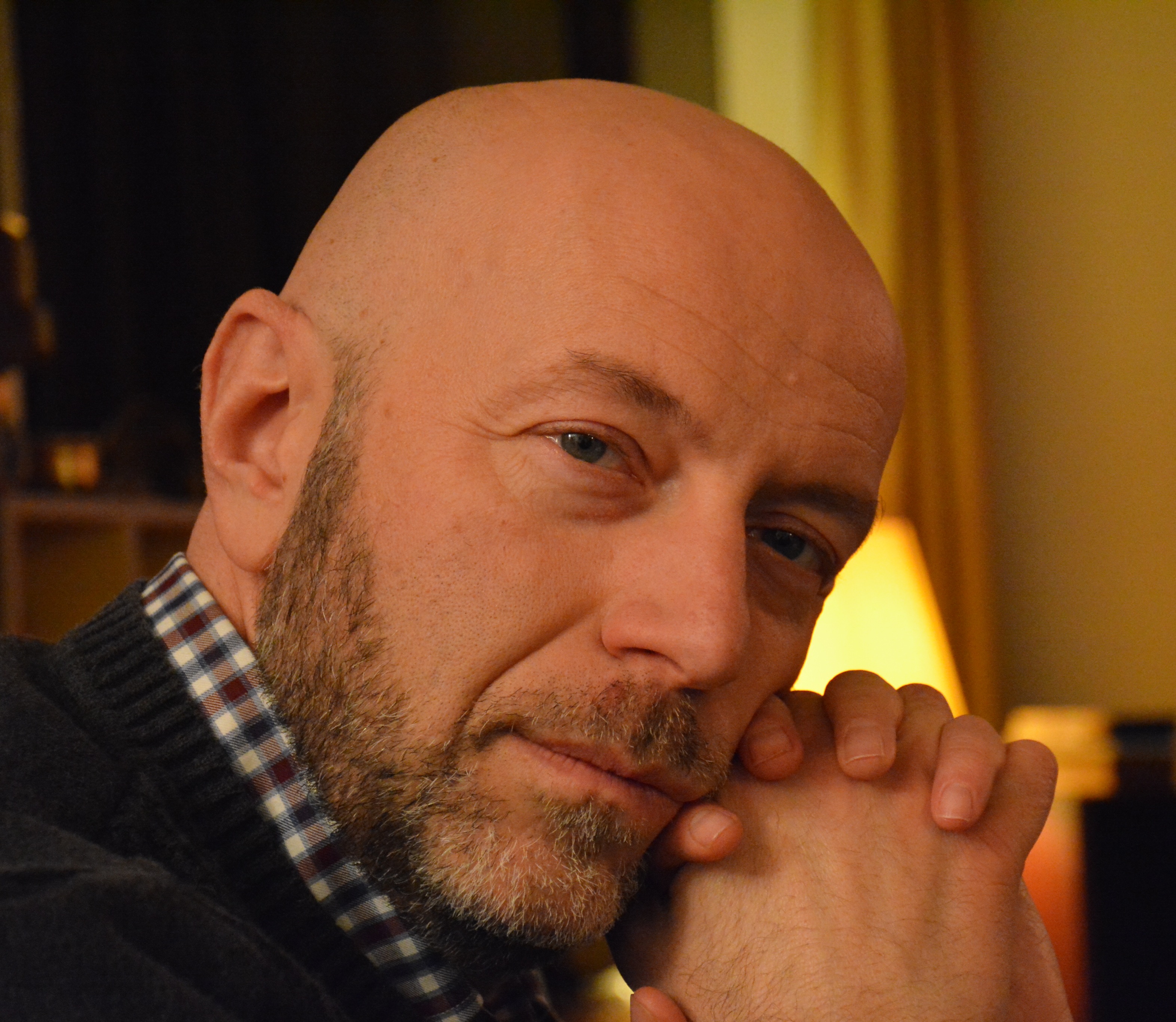
Stefano MORONI
Stefano Moroni is full professor in planning at Milan Polytechnic University. His main research interests include planning theory, applied ethics and philosophy of the law. He is a member of the editorial board of the international journal Planning Theory. Recent publications: (with G. Brunetta), Contractual Communities in the Self-Organizing City, Springer, 2012; (with C. Basta), Ethics, Design and Planning of the Built Environment, Springer, 2013; (with D.E. Andersson), Cities and Private Planning: Property Rights, Entrepreneurship and Transaction Costs, Edward Elgar, 2014; (with D. Weberman), Space and Pluralism. Can Our Cities Today be Places of Toleration?, Central European University Press, 2016
Languages: Italian and English
Keywords: complexity and self-organization, just city, sustainable intentional communities,
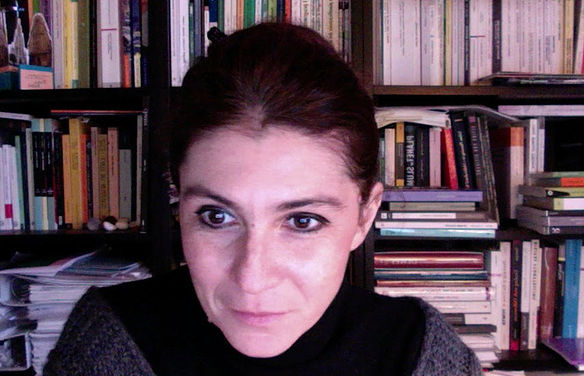
Camilla PERRONE
Camilla Perrone is an associate professor of urban and Regional Planning at the University of Florence, where she teaches Urban Policy and Spatial Strategic Planning. Her concurrent appointments include Founding Director of the Research Lab of Critical Planning and Design, member of the Executive Committee of department of Architecture at UNIFI. In 2015, she has obtained the abilitation as full professor under the National Italian System. In the past ten years she has been visiting professor (W3 level) at: Universität Tübingen; Westminster University of London, NOVA University of Lisbon; Stanford University (Florence campus); City Futures Research Center, UNSW in Sydney. Previously, she was visiting fellow at York University in Toronto.
Her current fields of interest cover the following areas of work: contemporary extended urbanisation within critical planning and design framework; institutional strategic spatial planning and design for resilience, inclusivity, and climate change; urban diversity and interactive design; social, spatial and environmental justice; interdisciplinary urban and environmental studies, research methodology.
She coordinates research groups in competitive research projects and third-party projects on contemporary urban and suburban transformations, urban diversity and spatial injustice, urban policies, strategic multiscalar planning, governance of regions and metropolitan areas, participatory planning. She is Past-President of the Scientific Committee of the National Study Center for Urban Policies (Urban@it). She serves on the Executive Board of the Association of European Planning Schools and the Italian Society of Urban Planners (SIU). She is a member of the Scientific Committee of the Giovanni Michelucci Foundation (Florence).
Languages: Italian and English
Keywords: diversity, regional urbanisation, urban governance,
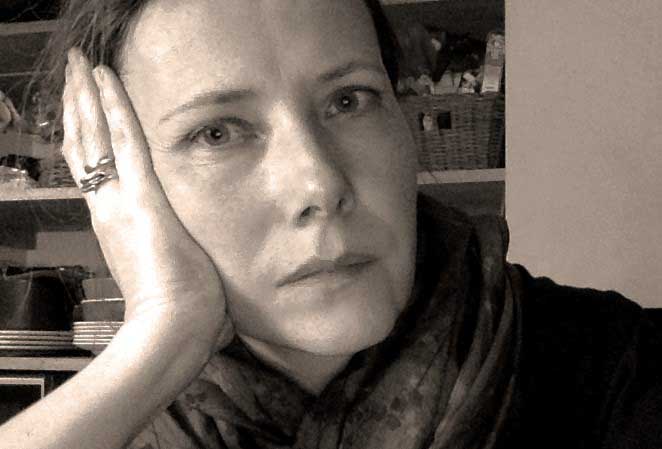
Barbara PIZZO
Barbara Pizzo is associate professor in Urban Planning at Sapienza University of Rome. She works mainly at the interface between planning theory and practice, with a critical orientation. Her interests are in the processes of socio-spatial structuration, the relationships between spatial planning and socio-economic changes, politics and policies. She works in interdisciplinary research groups and networks, where planning is considered together with policy analysis, political economy and ecology, so that keeping together the ‘How’ with the ‘Why’ of urban transformation processes progressively became a distinct feature of her research and teaching approach.
Languages: Italian and English
Keywords:
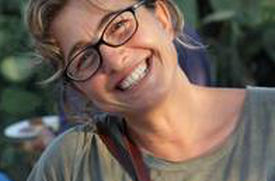
Laura SAIJA
Laura Saija is an associate professor in City and Regional Planning at the University of Catania, Italy. She has previously worked as assistant professor for the City and Regional Planning Department at the University of Memphis, TN (USA), where she had previously served as a EU-funded Marie Curie Global Research Fellow. Her main research interest is on the theory and the practice of Engaged scholarship, with a focus on action-research, in the field of Community Environmental Planning. She has worked on the role played by research in promoting more-than-human development in long-term lagging regions, characterized by long-term power inequalities. She is currently working on the relationship between planning and civic organizing in contemporary Europe.
Languages: Italian and English
Keywords: action-research, circular economy, planning theory,
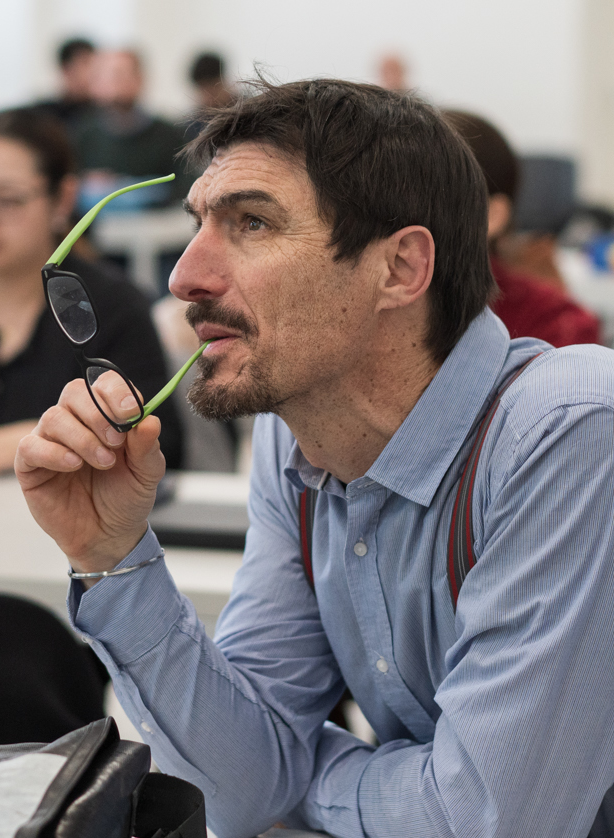
Iacopo ZETTI
Iacopo Zetti is associate professor of Urban and regional planning at the University of Florence.
Master degree in architecture in 1994 and PhD in Urban, territorial and environmental His research activity covers several fields, as: GIS and cartography as knowledge instruments for urban planning; the participation of inhabitants to the urban project and to planning policies; re-use and rehabilitation of marginal spaces and in-between areas; photography as a tool for urban survey.
He is currently the coordinator of a research team for the H2020 EU project "PHOENIX. The rise of the citizen voices for a Green Europe" planning in 2000.
Languages: Italian and English
Keywords:
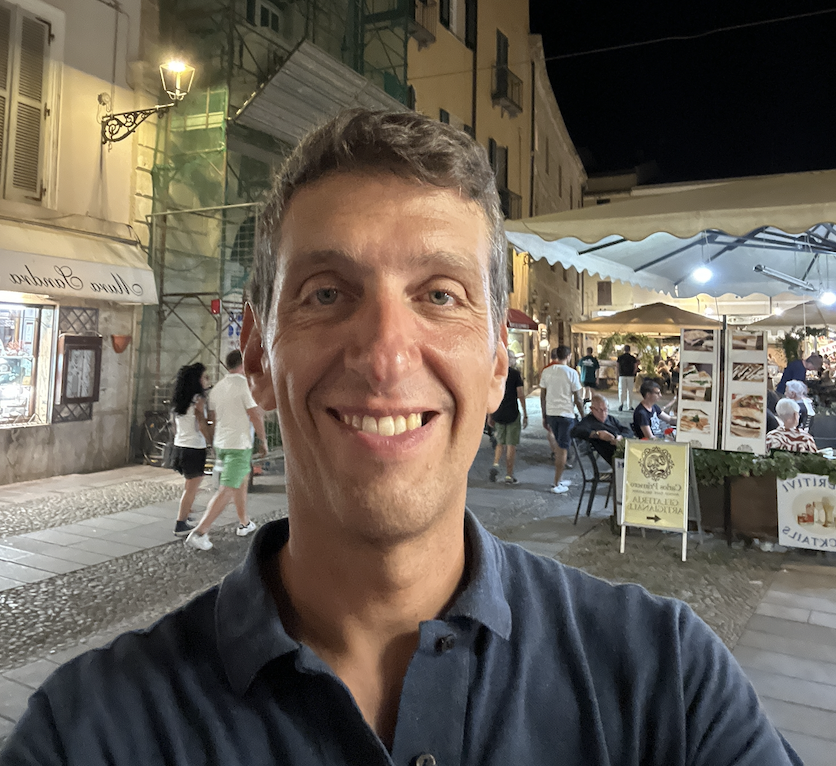
Marco PICONE
Marco Picone is full professor of urban geography and geopolitics at the University of Palermo, where he teaches Urban Geography, Social Geography, Participatory Practices and Geopolitics of Migrations. His research focuses mainly on urban neighbourhoods, participation for the involvement of young adults and popular geopolitics.
Languages: Italian and English (along with some French)
Keywords:

Maria Rosaria STUFANO MELONE
Maria Rosaria Stufano Melone, post-doc researcher at the Polytechnic University of Bari, Italy. Architect, degree in Venice, IUAV (2002), Phd in Science and Methods for European Cities and Territory at University of Pisa (2011). Associated to ISTC-CNR since (2022). Her research interests refer to: spatial cognition in environmental planning, memory and creativity management in urban planning, architecture and design, decision support systems, ontological analysis applied ontologies as method to manage knowledge in designing and planning processes.
Languages: Italian and English
Keywords:
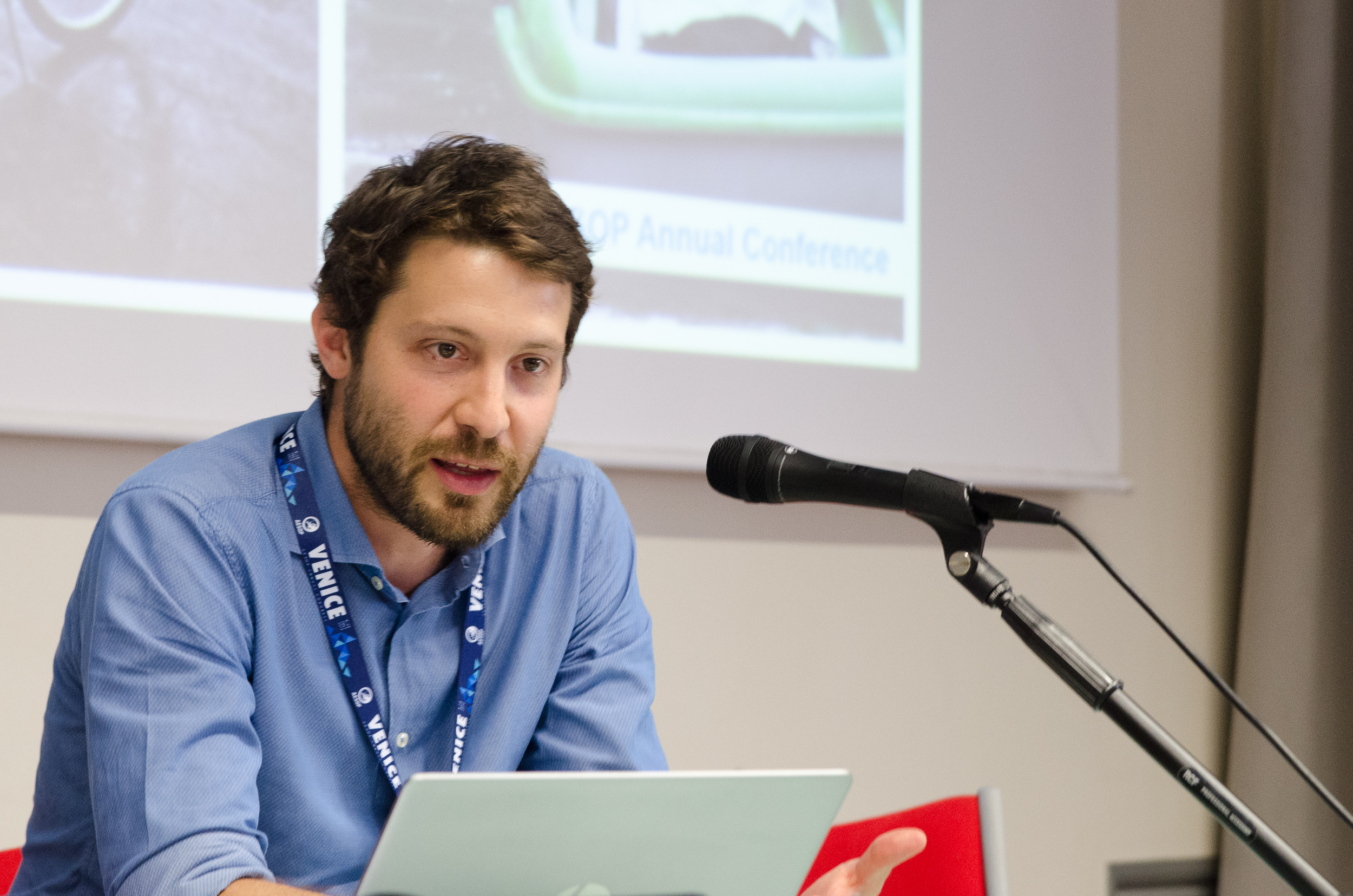
Filippo MAGNI
Filippo Magni (1985), Urban planner, PhD in Planning and Public Policies for the Territory at the Iuav University of Venice, Master's Degree in Planning at Iuav with double title of International Master in Estudios Territorials i de la Poblaciò issued by the Universitat Autonoma de Barcelona (UAB). He is currently assistant professor (RTDa) in Urban Planning (ICAR / 20) where he teaches in the courses of Fundamentals of urban planning and Spatial Planning and Design for Climate Change. He is coordinator of the technical unit of the INTERREG MED 2014 – 2020 projects “COEVOLVE, LIFE “MASTER ADAPT” and INTERREG Italia-Croatia “ADRIADAPT”. Since 2011 he has been actively collaborating with various research groups operating at national level on issues related to territorial resilience, including Iuav Planning Climate Change Lab of which he is a senior member, the Young Planner Ectp-ceu network and the RESILIENCE LAB of the Politecnico di Milano. Since September 2019 he has also been associate researcher for the Eni Enrico Mattei Foundation.
His research focuses on the need to redesign urban planning tools and policies through the study of governance and public policy orientation systems, recognized as the main vectors capable of directing urban development towards resilience to climate change.
Languages: Italian and English
Keywords: climate change and climate proof design & planning, coastal zone management, energy and environmental planning, policies for landscape management, policy design for tourism sustainability, spatial planning,
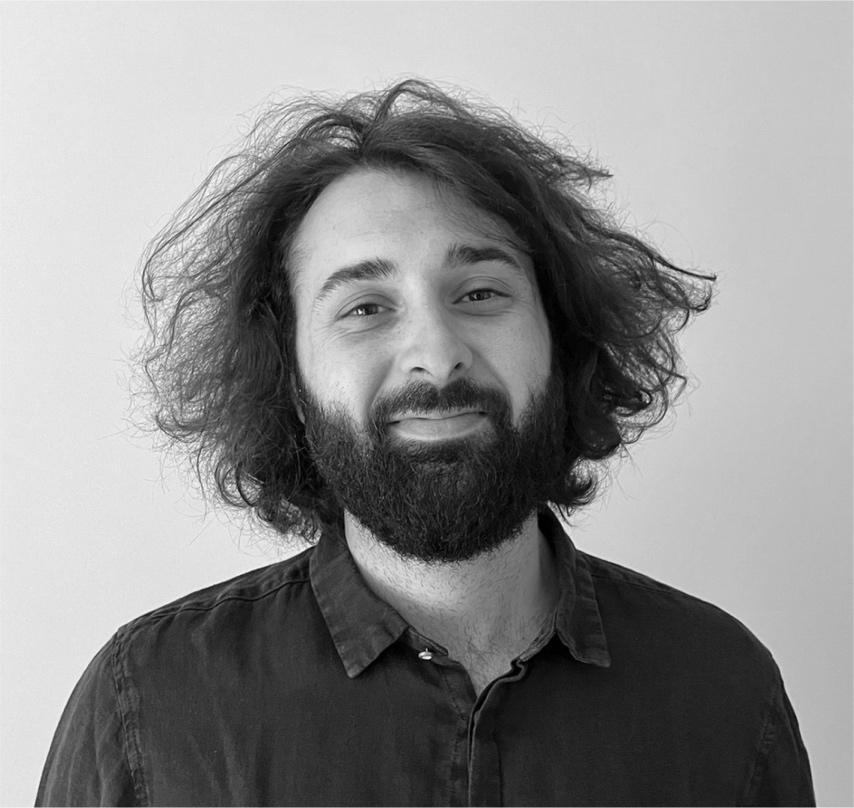
Donato CASAVOLA
Donato Casavola is a postdoctoral research fellow at the Interuniversity Department of Regional and Urban Studies and Planning (DIST) at Politecnico di Torino, where he specialises in spatial planning and territorial governance in a pan-European context. His research focuses on European metropolitan governance, Italian metropolitan governance, cohesion policy, and multilevel governance structures. He also explores sustainable urbanisation and land-take dynamics, with particular attention to regulatory frameworks and spatial planning systems that shape territorial development.
He is currently engaged in multiple international research projects, including ESPON (NoStaGeo and URDICO), INTERREG Alpine Space (GOVQoL), and URBACT IV (ECONNECTING). He also works as a scientific consultant for the Biciplan of the Municipality of Faenza and for the Emilia-Romagna Region within the INTERREG EUROPE – INTEGRA project.
He has actively participated in several ESPON initiatives (including ESPON SUPER, the ESPON SUPER spin-off, and ESPON METRO).
Since 2023, Donato has been involved with AESOP (Association of European Schools of Planning) as Assistant to the Secretary General. In 2025, he was elected to the Coordination Team of the YA Network.
Languages: Italian and English
Keywords: cohesion policy, european governance, land take / land-use regulation, metropolitan governance, metropolitan policy, multilevel governance, spatial planning, spatial planning systems, sustainable urbanisation, territorial governance,
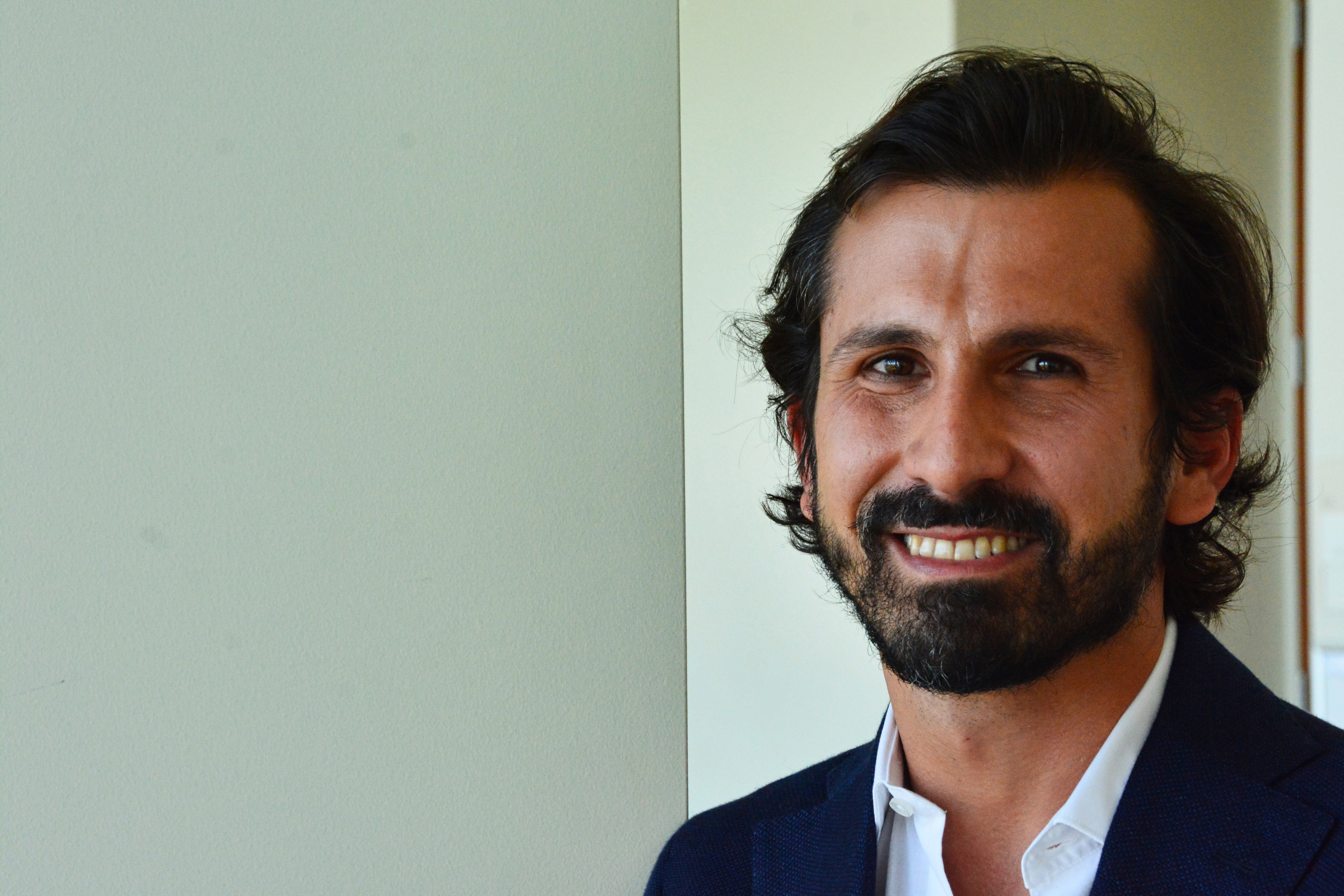
Antonio RACITI
Antonio Raciti is Associate Professor of Urban Planning at the School of Architecture, Sapienza University of Rome. His work is grounded in planning theory, community development, and collaborative governance, with particular attention to power relations, institutions, and the role of community–university partnerships in urban transformation.
He developed his research trajectory through more than a decade of academic experience in the United States. His early work, carried out at the University of Memphis, focused on community design, advocacy planning, and action research in disinvested urban neighborhoods, emphasizing participatory processes and grassroots organizing. He later joined the University of Massachusetts Boston, where his scholarship shifted toward the study of climate adaptation as a planning and governance challenge, examining how institutional coalitions, civic actors, and planning systems shape responses to environmental risk and inequality. This line of work has been supported by federal and state research funding and is rooted in long-term partnerships with municipalities, community organizations, and public agencies. He has published in leading international journals including Planning Theory & Practice, Journal of Planning History, Journal of Planning Education and Research, and Cities. He is Associate Editor of the Journal of Planning Education and Research and is actively involved in international planning networks (AESOP, ACSP, SIU). His research and teaching emphasize action research and sustained engagement with communities and institutions in both the United States and Italy.
Languages: Italian and English
Keywords:
